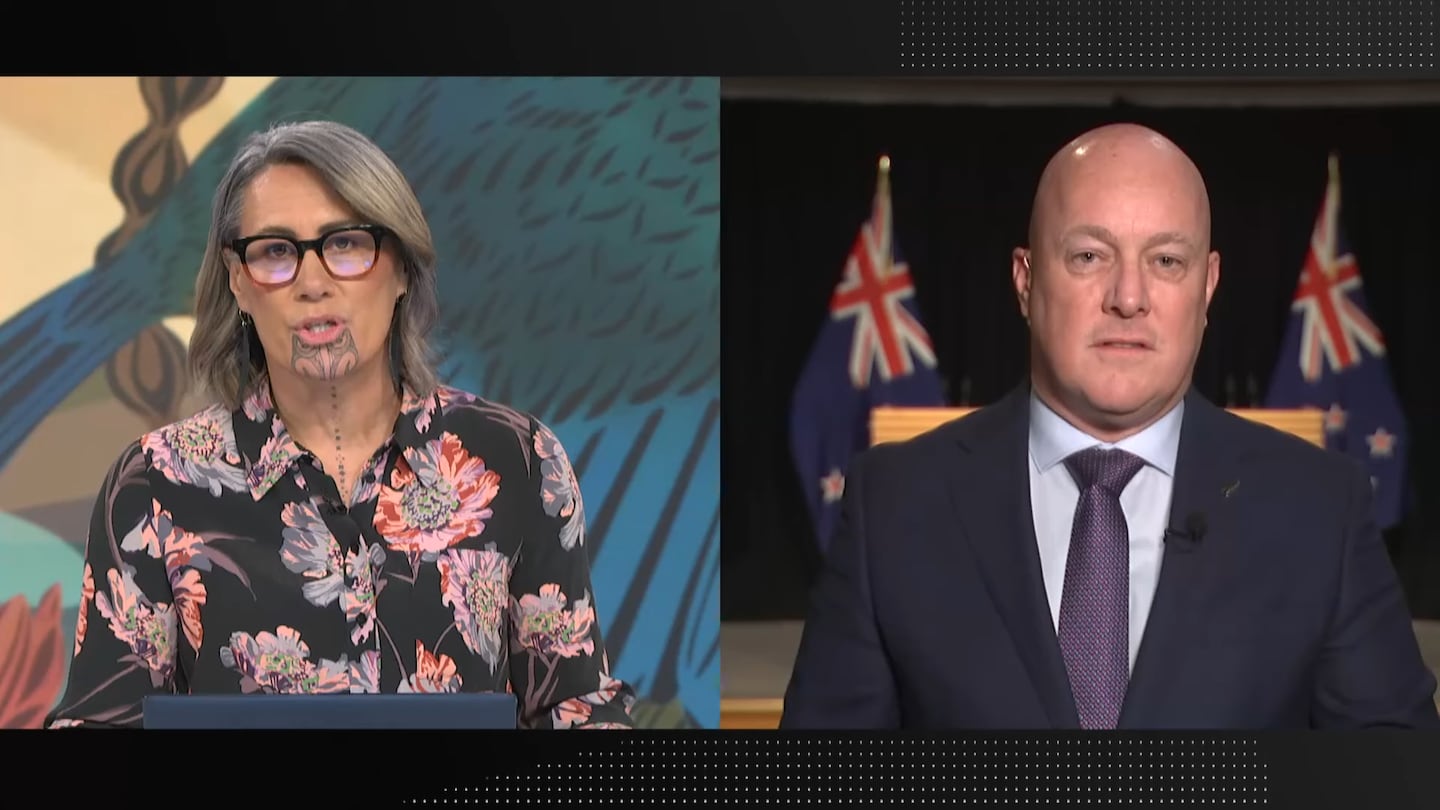Prime Minister Christopher Luxon in continuing to use media appearances to tell Aotearoa he doesn’t support the Treaty Principles Bill, created and introduced by his coalition partner Act Party leader David Seymour.
But with 42,000 people, according to police, marching on his lawn on Tuesday, does he regret making a “compromise” with Seymour to become the leader of Aotearoa?
In short, “No”, is what he told TVNZ Breakfast’s host Jenny-May Clarkson Wednesday morning.
“Rightly or wrongly, the New Zealand people have chosen the MMP system as the electoral system here in New Zealand.
“There are now six parties in the Parliament here in New Zealand that have different views and different perspectives and represent different groups of New Zealanders.
“We actually have to make compromise in order to form governments and it’s the same on all sides.”
When Clarkson questioned Luxon about how much “leverage” Seymour had in the coalition talks in late 2023, he reiterated the compromise that comes as a consequence of a modern MMP environment.
“Not every party got what they wanted and in this case, National was strongly against this bill, Act were very for the bill.
“[Act Party] wanted it to go out to a full national referendum and we found a compromise, which enabled an aeration of the views through a select committee process,” he told the TVNZ presenter.
Luxon has constantly stated that his party will only support the bill through its first reading and intends not to let it past a second reading, with New Zealand First committing to voting the same way.
If he’s against it, where has he been?
The country’s leader has been notably absent in recent weeks regarding the Treaty Principles Bill. He missed the first reading and debate because he was overseas and was absent from Tuesday’s hīkoi on Parliament Grounds.
“The real reason was that a lot of the organisers were Te Pāti Māori. They have an opportunity to interrogate me in the House each and every week.
“We did send a delegation of National Party MPs out to represent us and our position, which was really good.
“And importantly, I get to talk to iwi leaders up and down the country continuously, both in private and in public and in some of the sessions and the meetings that we have,” said Luxon.



